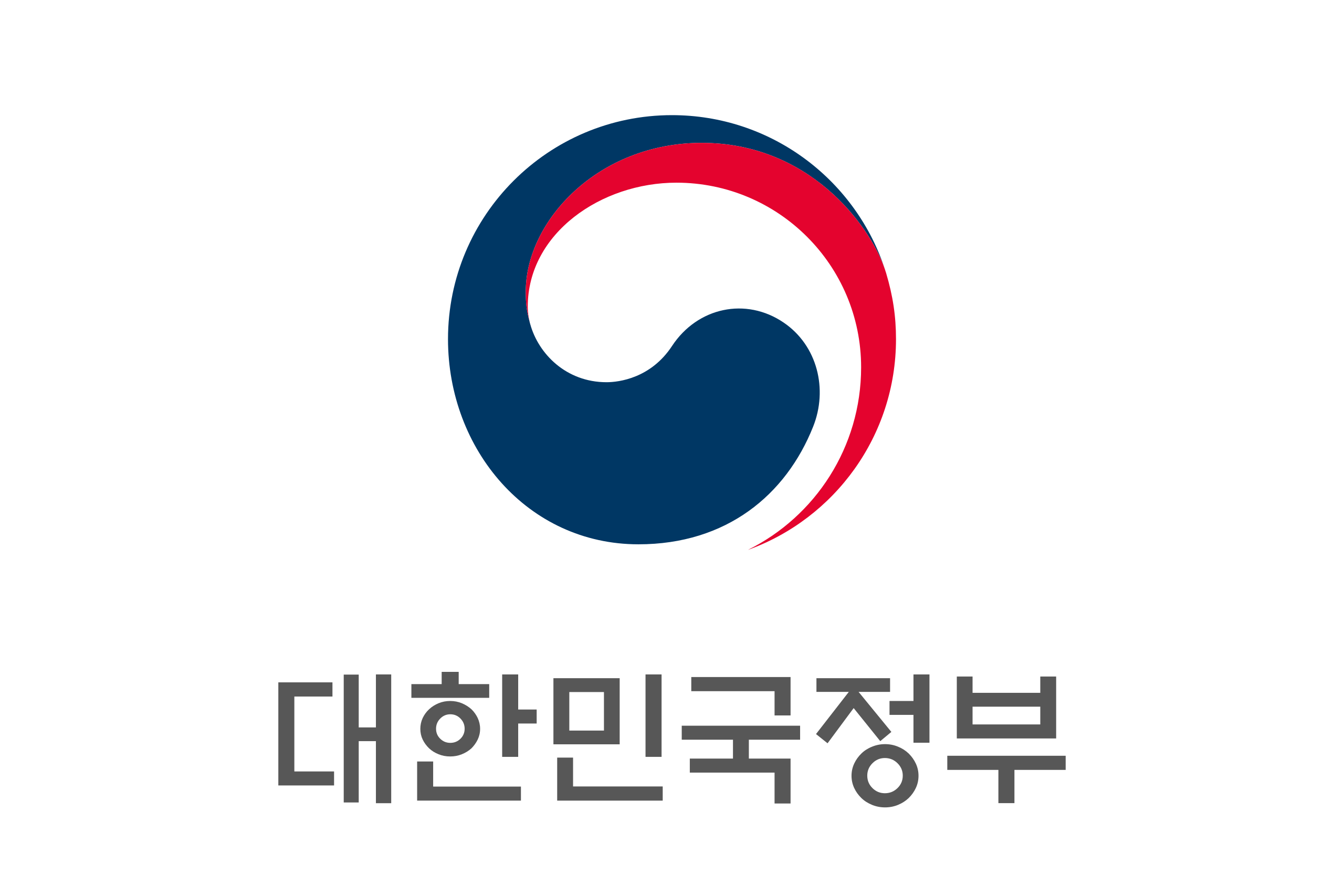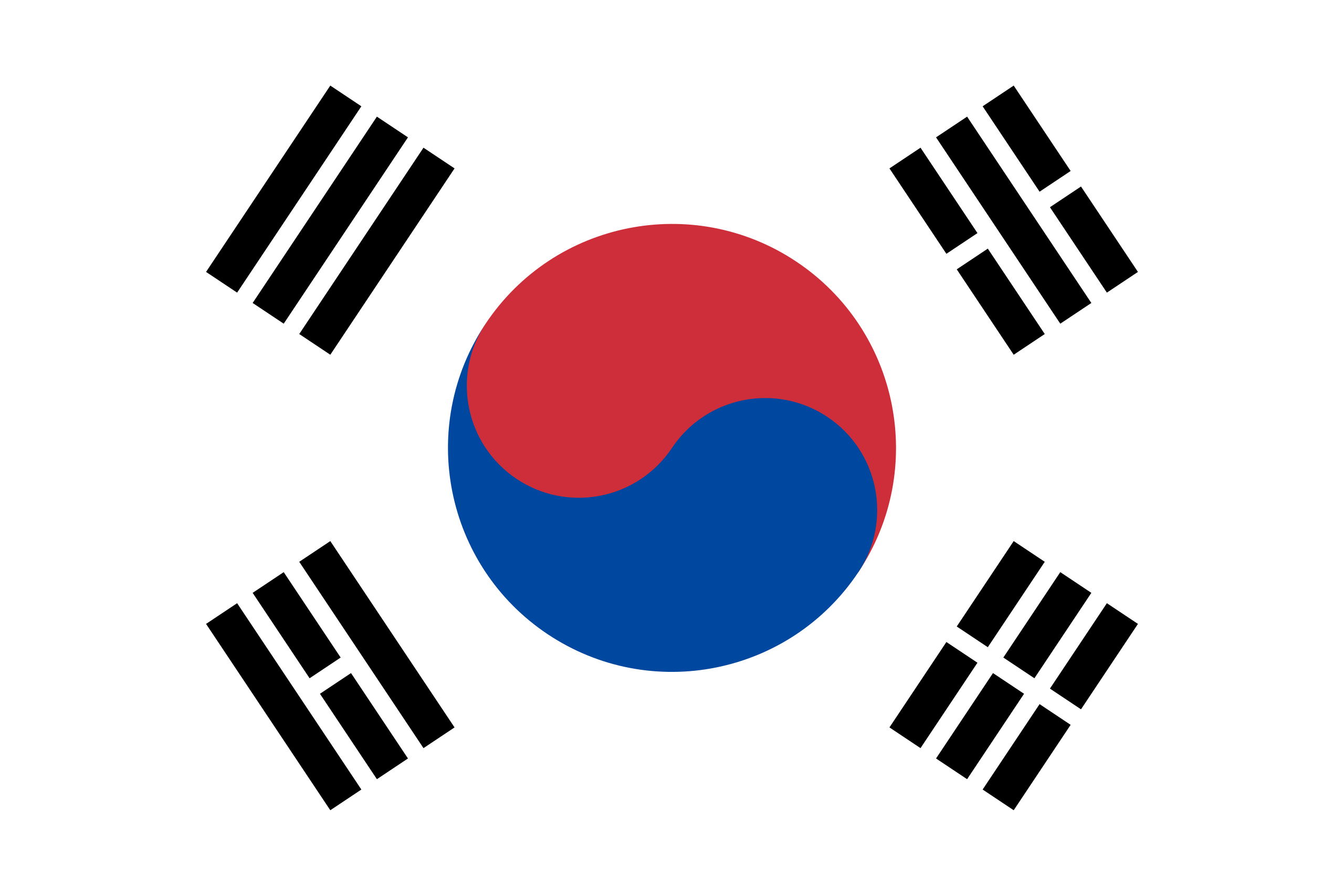- Oct 3, 2018
- 3,602

| 
| 
|
To: Ministry of Trade < Thomas R. Jones > |
From: KimDaejeong@mtie.kr.gov < Ministry of Trade Investment & Energy > |
Subject: [Trade] [Egypt] Trade Agreement |
Security: Private and encrypted Protected by the NIS and MoFA DPB |
I hope this email finds you well and in good health. The Republic of Korea hopes that an arrangement can be made to expand trade relations between Korea and Egypt. As a pillar of our foreign engagement strategy, the Republic of Korea seeks to advance bilateral diplomacy through trade and commerce. We would like to propose a possible trade agreement of mutual benefit between our two countries. The Republic of Korea looks forward to cooperation with the Arab Republic of Egypt Arabia to advance both our economies and expand our market access. Trading vessels represent one aspect of trade, and lowering the barriers to international commerce, making the flow of capital easier and secure, and lifting the restrictions for foreign direct investment and joint-ventures are equally crucial. We hope that this economic expansion program is one that will be mutually beneficial to Korea, Egypt , the wider Asia & Middle East, and the globe.
We would offer to formulate a comprehensive trade agreement including specific provisions of tariff-free imports on select goods. The Republic of Korea continues to advocate for mutually applied tariff rates and their eventual reduction over time as an adequate measure to address concerns of specific trading partners. As such, we hope to extend this courtesy to the Arab Republic of Egypt in respective categories as outlined by our Governments. It is our desire to begin exporting of Semiconductors, Automobile and Parts, Electronics to Egypt as part of our comprehensive trade agreement and would be eager to inquire on the specific exports Egypt seeks to add to our trade agreement. we hope for mutually beneficial terms and options and look forward to your response.
Signed with sincerity,
Minister of Trade, Investment, and Energy
Kim Dae-jeong
Republic of Korea
Republic of Korea
Ministry of Foreign Affairs
All information is protected from release by the Diplomatic Communications Security Act 1997
Authorized viewing is limited to those directly emailed, cc'd, and bcc'd
Ministry of Foreign Affairs
All information is protected from release by the Diplomatic Communications Security Act 1997
Authorized viewing is limited to those directly emailed, cc'd, and bcc'd


